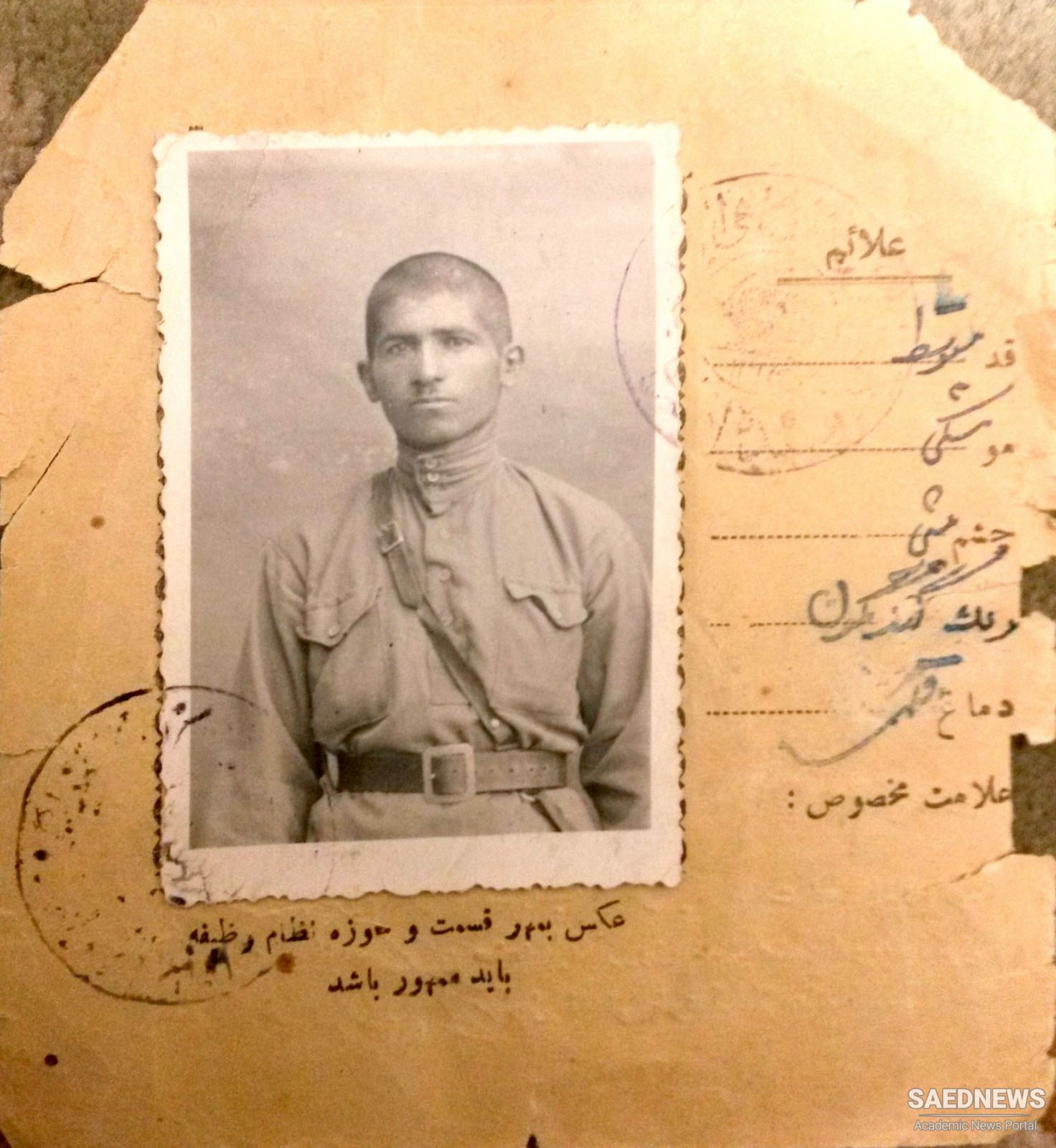An exemption for religious students was offered provided that several criteria be met, including passing an examination administered by a government commission. These criteria increasingly angered the clergy for they granted to a secular authority power over it. Moreover, many leading clerics claimed that they were already performing a form of national duty through their defence and propagation of Shi’ism. Given circumstances at the time, the government backed down.
The clergy, by opposing this move, proved to Reza Shah that his belief that clerical obstructionism was inevitable and any negotiations with the clergy and the giving of limited concessions could end only in the state’s defeat. By backing down, he had given reason to the clergy to believe that it could limit the state’s power and determine the shape and extent of reforms. He thus concluded that the implementation and institutionalization of his reforms were dependent on politically emasculating the clergy. Ehsan Naraqi, a French-trained sociologist with leftist political sympathies, who obtained high positions in the office of Empress Farah, stated a decade after the 1979 Revolution: Of course our clergy, the majority of them, during this period were reactionaries. They did not want the people to become enlightened. They couldn’t and didn’t accept progressive thought or genuine modernization. … The majority was backward. Reza Shah took advantage of this and crushed the clerics.
This quote is useful not only because of its description of the clergy but also given his role in the 1970s in propagating a return to Islamic authenticity which he defined rather ambiguously. Consequently, state propaganda stressed clerical resistance to badly needed reforms, the country’s modernization and therefore civilization itself. This was one of the starting points of Pahlavi Occidentalism. Reza Shah announced: Many people erroneously believe that the acquisition of modern civilisation is identical with abandoning religious principles and the sharʿia. … As a result, they shoved the country into backwardness. Therefore, we face a long-standing stagnation. We must overcome this backwardness and lethargy With this speech he underlined that he did not see any contradiction between his transformations and Islam’s basic tenets. The problem, in his opinion, was the clergy, the material interests they sought to protect through production of a particular culture and their ignorance of the world. He targeted clerical control over the judicial and educational systems which provided the clerics with both an income and a great degree of sociopolitical power. Deprived of this control the clergy could not oppose state centralization and reforms.
Reform of the educational system was decisive and ambitious. While rapidly expanding the state school system, the state increased its control over religious schools and limited the spheres of their activity. By the early 1930s the state gave itself the right to license and supervise religious schools, establish their syllabi and submit religious students to state examinations. The result was a decrease in the amount of teachers and pupils in religious schools. Moreover, the establishment of the Faculty of Theology at the recently founded Tehran University was the state’s first major step towards the creation of a Pahlavist form of Islam. The state also destroyed clerical power over judicial activities as it secularized the judicial system and most aspects of law. In 1926 the justice minister, Ali Akbar Davar transferred the functions of clerical-run courts to the state judicial system and deprived clerical courts of the fee-generating rights to register vital documents such as property titles, powers of attorney and affidavits. In 1930 clerics were banned from becoming judges.


 The Laity and the Clergy: Culture and Economy Combined
The Laity and the Clergy: Culture and Economy Combined














































